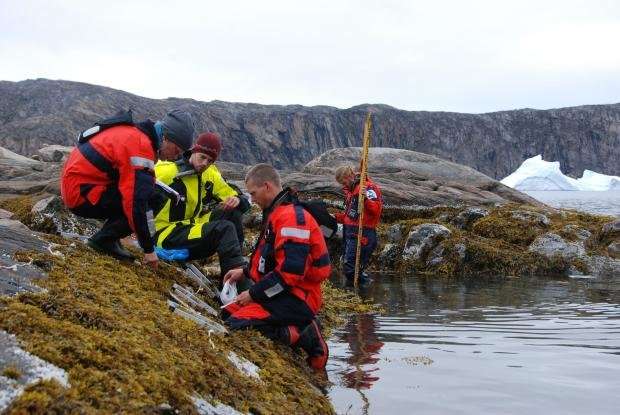Study finds Arctic research can be prohibitively costly
Arctic research projects cost almost eight times more than similar projects in southern locations.

When asked why the Arctic is a relatively understudied region when compared to the rest of the world, many scientists cite the same thing: cost. Now, a recent study has calculated just how much more expensive Arctic research costs when compared to similar science done in lower latitudes.
Released this month in the journal Arctic Science, the paper looked at the estimated costs for a hypothetical four-week seabird research study conducted in eight different Arctic locations, including Nunavut, Canada, Svalbard, Upernavik, Greenland and the Aleutian Islands, Alaska. The authors, led by Mark Mallory, a scientist who studies Arctic seabirds, then compared these costs with those from similar hypothetical studies conducted in a southern location in the same country.
The authors found that the Arctic projects’ costs ranged from $3,792 to $51,376, with the most expensive locations in the high Arctic Canada and Svalbard. The budget for each study included food, accommodation, travel, equipment and supplies for four people, as well as the shipping costs to transport all the necessities to these sites. A large proportion of these costs went to travel, where the cost of a single airline ticket can reach thousands of dollars.
The paper also noted the benefits of community consultation and engagement in Arctic research, which may require an extra trip to the Arctic and community workshop education programs. If one of these workshops was held in the Canadian high Arctic, the cost of research swelled to $71,270.
Comparing these costs to a similar hypothetical study done in a southern site in the country, the authors found that Arctic research is on average 7.8 times costlier than research in lower latitudes.
“Scientific research costs money, and we have shown here that Arctic research is more expensive than many other locations, and for some prohibitively so,” the authors wrote.
The authors listed some of the obvious reasons why Arctic research can be more expensive, with airfare and shipping costs the most prominent. It also recognized additional funds many countries offer for Arctic research, although it mentioned that there is a need for more.
“Changes in Arctic ecosystems will continue to have local and global consequences, both positive (e.g., industrial opportunities) and negative (e.g., reductions in habitat for pagophilic biota), and understanding the implications of decisions that influence these consequences will only be possible with credible scientific data from research and monitoring,” the authors concluded.